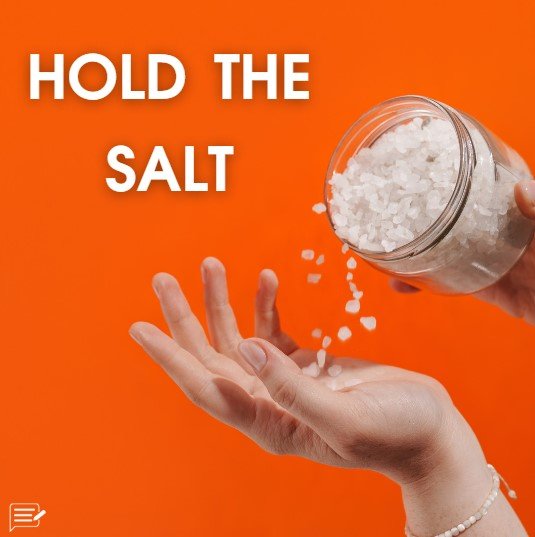Often overlooked, the amount of salt we use while cooking can have a profound effect on our bodies, particularly when it comes to our health. Consuming too much salt can lead to health issues such as high blood pressure, heart disease, and kidney problems. In this blog, we'll explore why it's crucial to hold back on the salt when cooking and provide five easy tips to help you reduce your salt intake while still enjoying delicious meals.
1. Embrace Fresh Ingredients
One of the best ways to reduce salt in your meals is by opting for fresh ingredients. Fresh fruits, vegetables, and lean proteins have natural flavours that can elevate your dishes without the need for excessive salt. Explore your local farmer's market or grocery store to find a variety of produce to add colour and flavour to your meals.
2. Flavour with Herbs and Spices
Herbs and spices are excellent alternatives to salt when it comes to adding depth and taste to your dishes. Experiment with a variety of spices such as cumin, paprika, oregano, thyme, or basil to give your meals a burst of flavour. Fresh herbs like cilantro, parsley, and mint are also fantastic options to elevate your cooking.
3. Citrus Magic
Citrus fruits like lemons, limes, and oranges can work wonders in reducing the need for salt. The zesty and tangy flavours of citrus can brighten up salads, dressings, and marinades, giving your dishes a refreshing twist without relying on excess salt. A splash of lemon juice or a sprinkle of zest can make a significant difference in flavour.
4. Gradual Reduction
If you're used to cooking with a lot of salt, it may take some time for your taste buds to adjust to lower sodium levels. Instead of cutting salt cold turkey, gradually reduce the amount you use in your recipes. Your palate will adapt over time, and you'll come to appreciate the natural flavours of the ingredients in your meals.
5. Be Cautious with Processed Foods
Many processed foods, such as canned soups, sauces, and snacks, are loaded with sodium to enhance their taste and extend shelf life. As a student, try to limit your intake of processed foods and opt for homemade alternatives whenever possible. When purchasing processed items, check the nutrition labels for sodium content and choose lower-sodium options.
By embracing fresh ingredients, herbs, spices, and citrus, we can reduce our salt intake while still enjoying delicious and flavourful meals. Remember, small changes can make a big difference, and your body will thank you for the healthier choices you make in the kitchen. Happy cooking!

